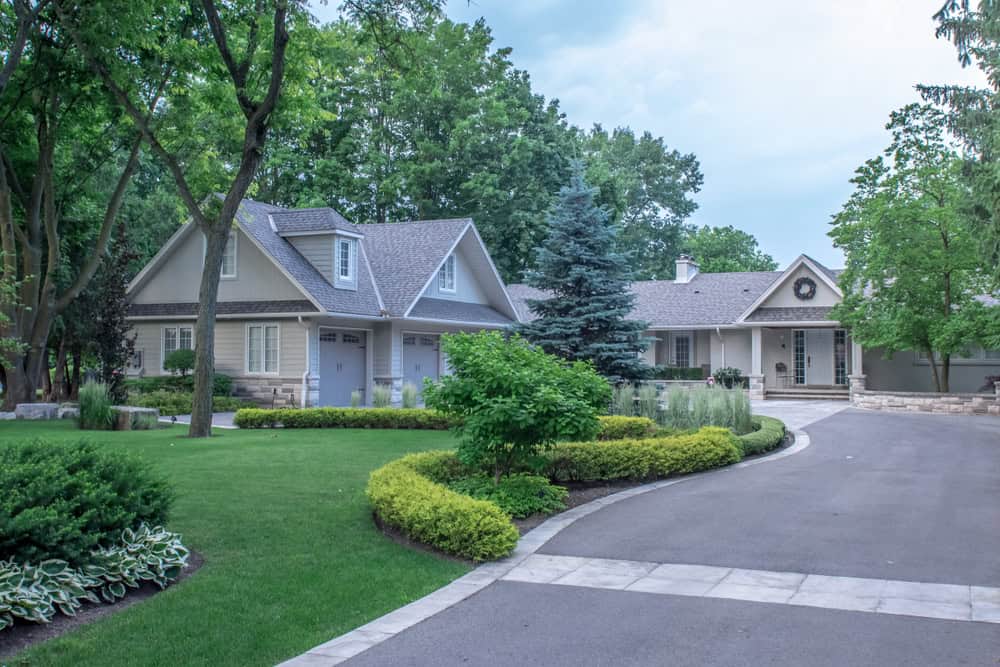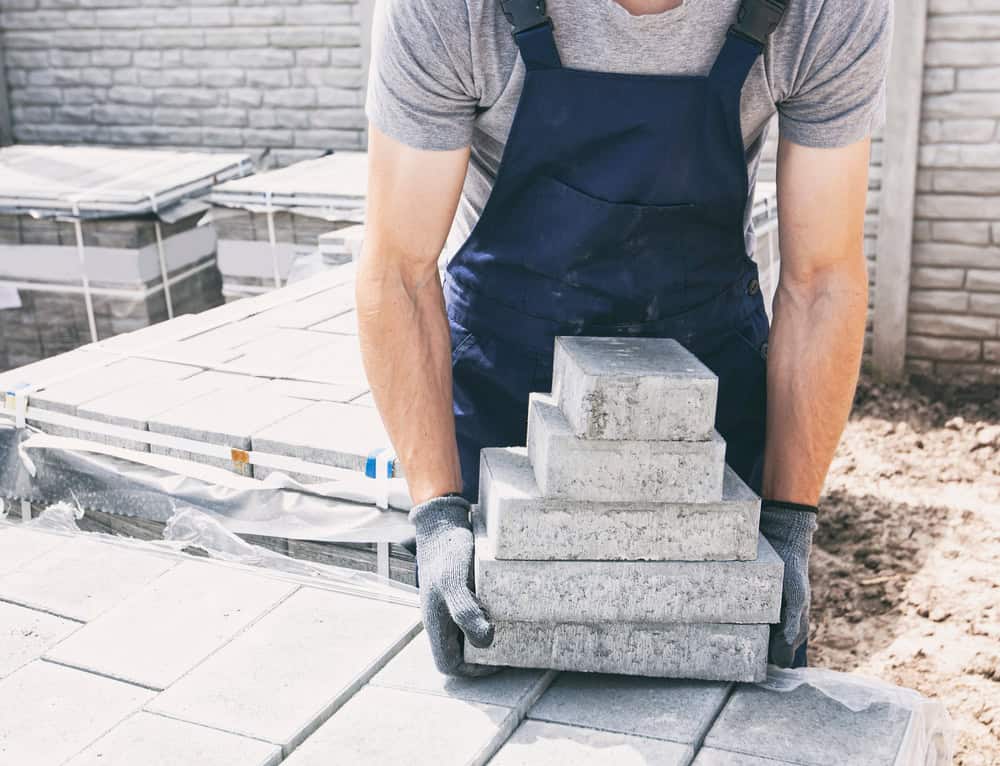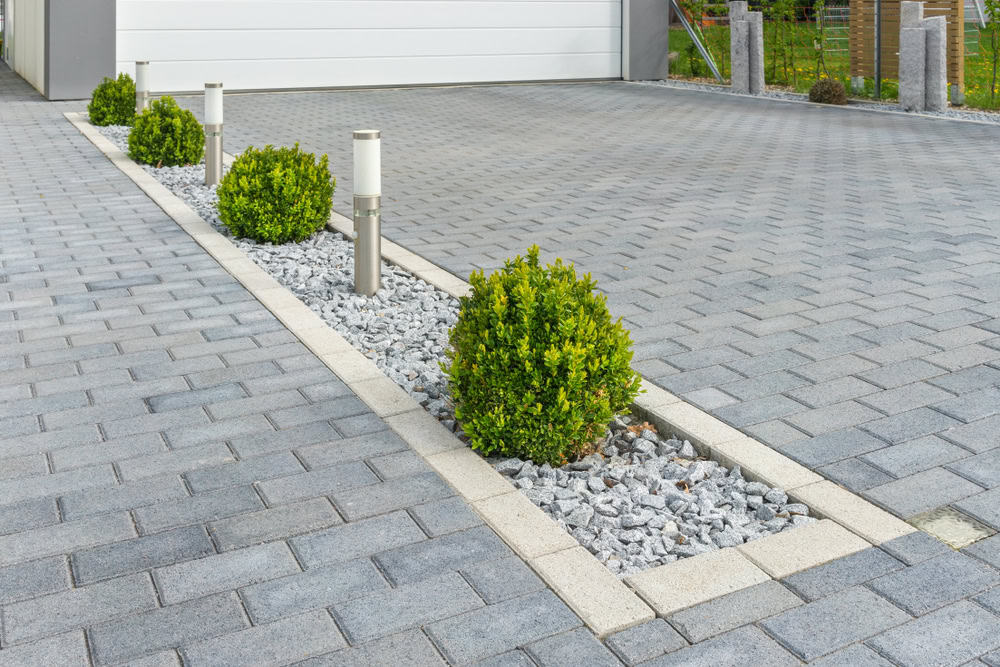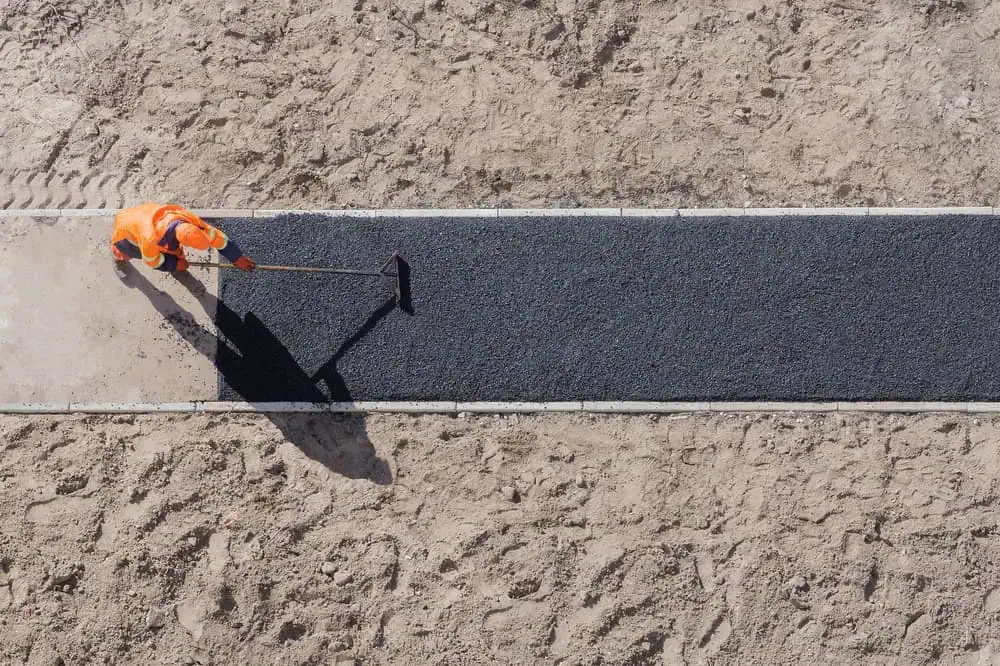Professional paver installation with proper base prep, drainage, and materials built for New England weather.


You want pavers that look great next spring, not ones that shift and settle after the first winter. That’s what proper installation gets you.
When we install your patio pavers or walkway, you’re getting a surface that handles North Natick’s freeze-thaw cycles without buckling. The base is excavated to the right depth, compacted properly, and graded for drainage. Your pavers stay level, water flows where it should, and you don’t deal with trip hazards or standing water.
The difference shows up in year two and beyond. While other installations start showing problems, yours looks the same as the day we finished. That’s what happens when the foundation work is done right from the start.
Academy Masonry has been handling paver installations throughout North Natick and the surrounding areas for years. We understand how local soil behaves, what drainage challenges you’ll face, and how to build a base that lasts.
Our team focuses on the details that matter: proper excavation depth, base material selection, and edge restraints that keep everything in place. We’ve seen what happens when shortcuts are taken, and we don’t take them.
You’re working with contractors who show up when scheduled, clean up properly, and stand behind the installation with real warranty coverage.

First, we excavate to the proper depth based on your soil conditions and intended use. For patios, that’s typically 8-10 inches. For driveways, it’s deeper. We don’t guess at this.
Next comes base preparation. We install and compact crushed stone in lifts, creating a stable foundation. Proper compaction prevents settling later. We also establish the correct slope for drainage during this phase.
Then we install edge restraints and lay a sand leveling course. The pavers go in according to your chosen pattern, followed by joint sand and final compaction. The result is a surface that’s immediately usable and built to last through New England weather cycles.

Ready to get started?
Every paver installation includes proper excavation, base preparation with quality crushed stone, and professional-grade edge restraints. We handle all aspects of drainage planning and execute the grading needed to move water away from your home.
You get material delivery, complete installation, and thorough cleanup. We also provide joint sand application and final compaction to lock everything in place. The installation comes with warranty coverage on our workmanship.
For North Natick properties, we account for local soil conditions and ensure proper base depth for freeze-thaw stability. Your project includes all necessary permits and adherence to local building requirements. No surprises, no extra charges for standard installation components.

Local Resources